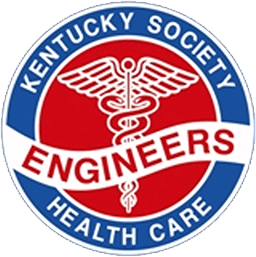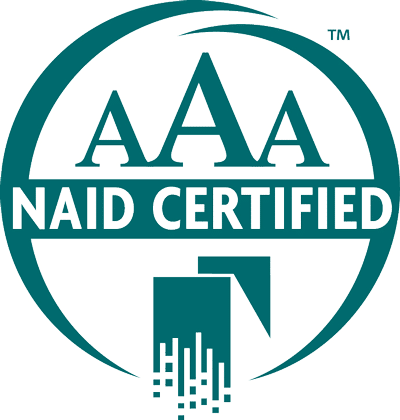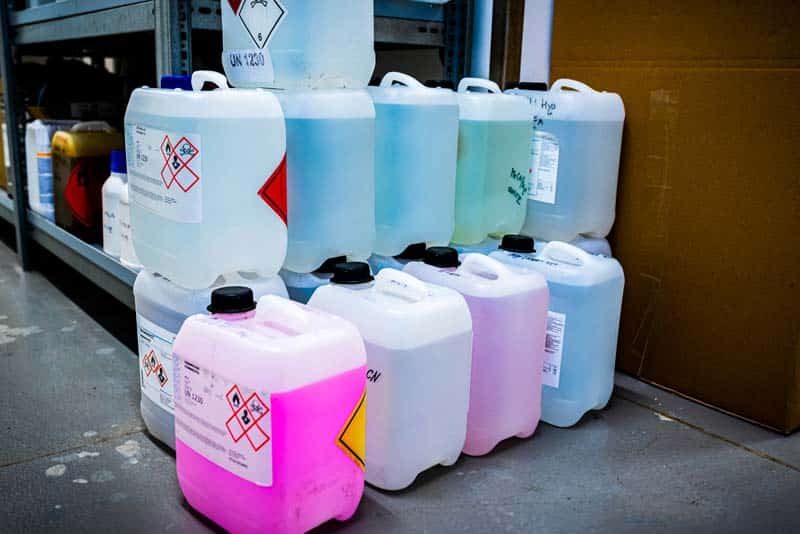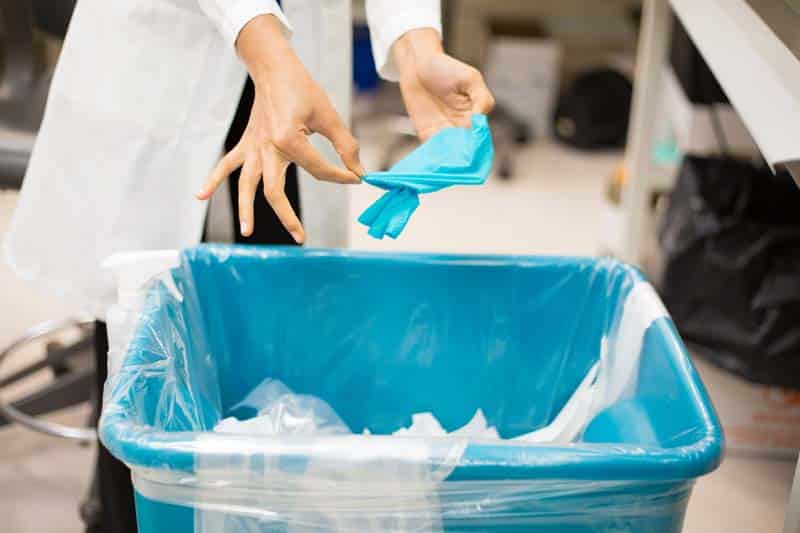Sharps waste requires proper disposal to safeguard public health. Whether you run a hospital, walk-in clinic, tattoo studio, or research lab, disposing of sharps safely is essential. At Specific Waste Industries (SWI), we offer compliant sharps disposal in Fayette County, OH. With over 45 years of experience, we have the expertise needed to ensure the safety of your business or healthcare facility. Contact us today for a free quote!
Why Proper Sharps Disposal Matters
Failing to dispose of sharps properly is a safety hazard and also a public health issue. Used needles, scalpels, and lancets can cause accidental injuries and spread bloodborne diseases like HIV and hepatitis. Fortunately, this is easily avoidable with responsible disposal practices. By choosing a professional disposal service like ours, you are protecting your staff, patients, and customers while staying compliant with the law.
How Our Sharps Disposal Service Works
We make sharps disposal simple and efficient. Here’s how our process works:
Step 1: Initial Consultation
We will begin by learning about your facility. During your initial consultation, a member of our team will ask about the volume of sharps your facility produces, your storage needs, and your compliance concerns. Then, we will design a disposal plan tailored to your requirements.
Step 2: Pickup Scheduling
Once we’ve ironed out all the details, we will have you choose between daily, weekly, monthly, bi-monthly, quarterly, and annual pickups. We also offer one-time waste collection when needed.
Step 3: Collection and Disposal
Members of our team will arrive at your facility to collect full sharps containers and transport them to our licensed treatment facility for final disposal.
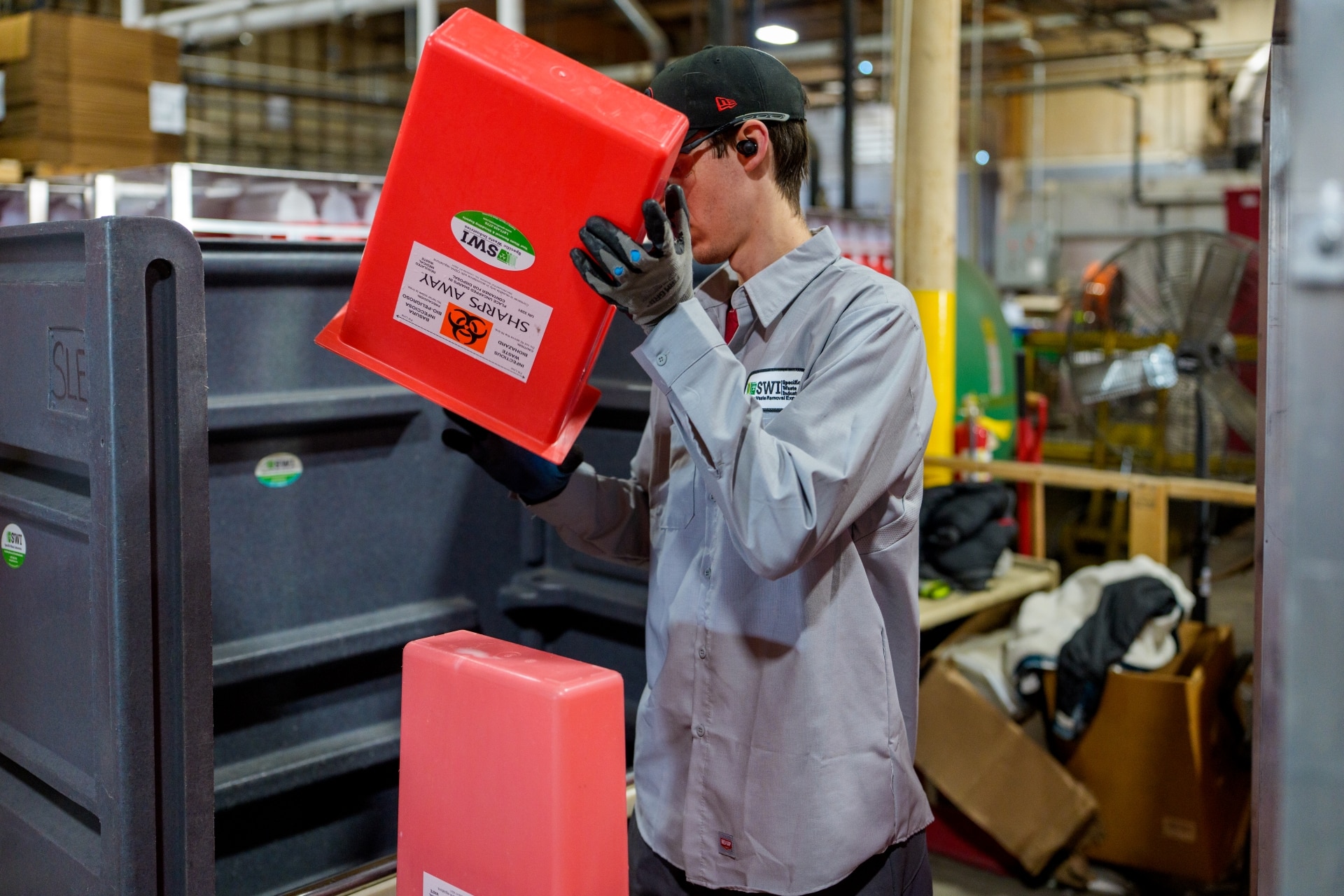
Facilities We Serve
Sharps waste is generated in multiple industries. At SWI, we work with a wide range of businesses and facilities that generate sharps waste, including:
- Hospitals: Hospitals produce large volumes of sharps waste and require a service provider that can scale to their needs.
- Clinics: Outpatient clinics and urgent care centers rely on us for routine pickups and staff safety training.
- Research Centers: Research centers generate sharps waste during testing. Our team provides these facilities with reliable service to ensure a safe working environment.
- Tattoo and Piercing Parlors: Proper sharps disposal is essential in body art studios. We help tattoo artists maintain safe studios that clients can feel comfortable in.
- Nursing Homes: Long-term care facilities use sharps for insulin injections, testing, and more. We provide these facilities with routine sharps collection to keep residents and staff safe.
Why Choose SWI?
Choosing the right waste disposal partner can make all the difference. Here’s what we bring to the table:
45+ Years of Experience
We have been managing sharps waste for over four decades. Our extensive experience means you will receive service backed by tried-and-true techniques that have been perfected over the course of our time in business.
Safety Assurance
Our handling procedures are designed to protect everyone involved. We even provide staff safety training to facilities that are looking to ensure compliance with OSHA standards.
Transparent Pricing
We guarantee cost transparency so that you always know what you’re getting into. With us, you will never have to worry about hidden fees or sudden price hikes.
Exceptional Customer Support
Our team is available to answer any questions you may have, no matter how specific. We pride ourselves on providing our clients with prompt, friendly customer service and addressing issues as soon as they come up.
Contact Us Today
You deserve a waste disposal partner that puts your safety first. At SWI, we deliver reliable sharps disposal tailored to the needs of each facility we work with, no matter the size or industry. Speak with one of our professionals today for a free quote.
Frequently Asked Questions
Sharps include any object that can puncture or cut the skin, such as used needles, syringes, lancets, scalpels, and broken glass.
No, sharps should never be thrown in the regular trash. Doing so can put sanitation workers and the public at risk of injury and infection and may also violate local disposal regulations.






